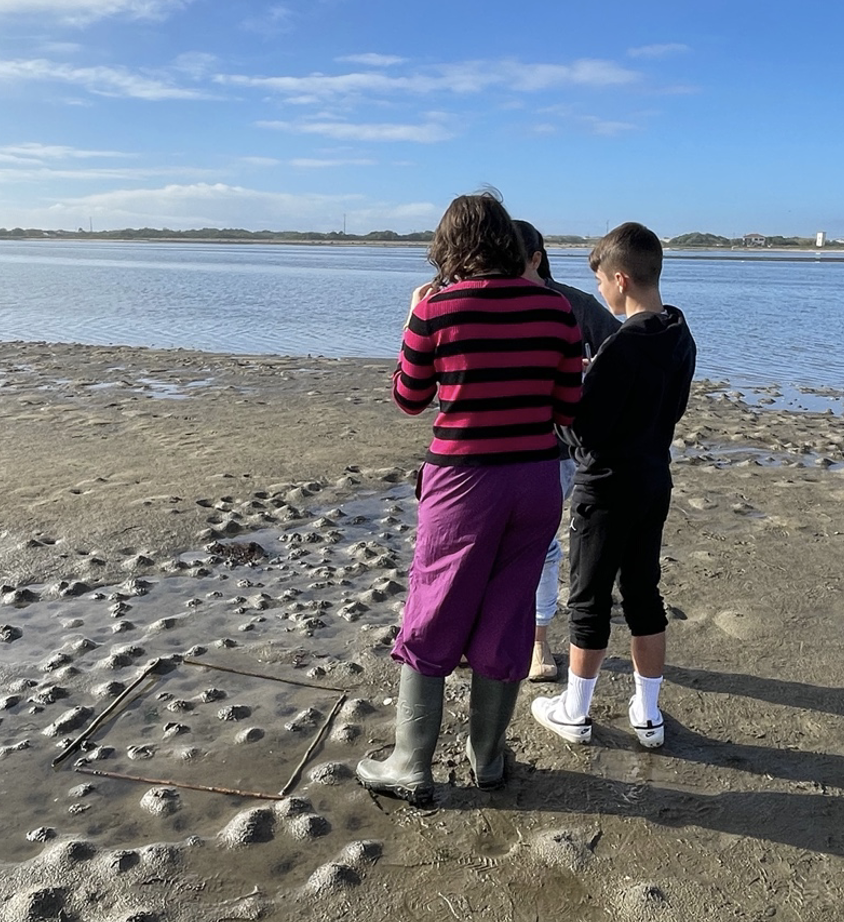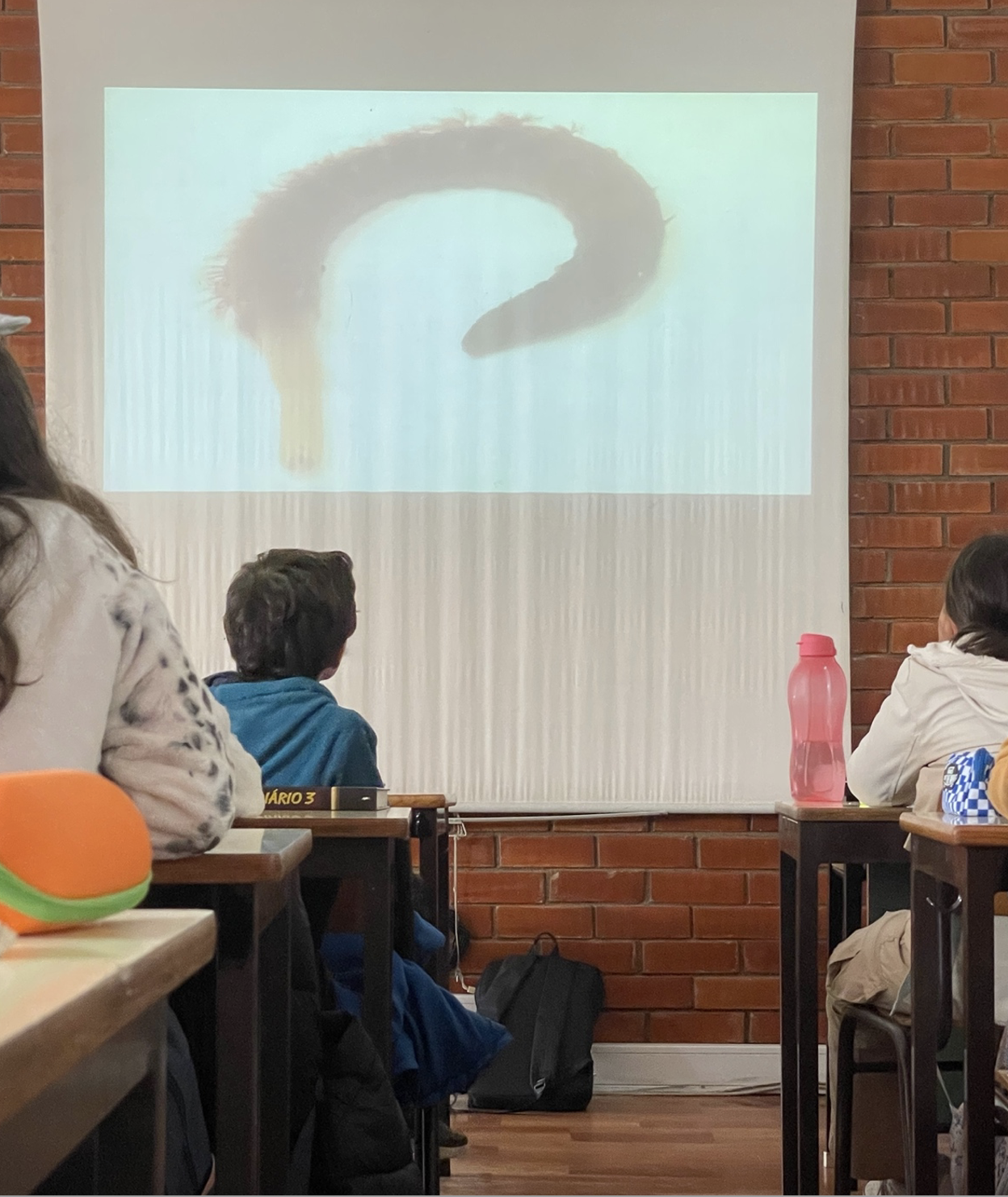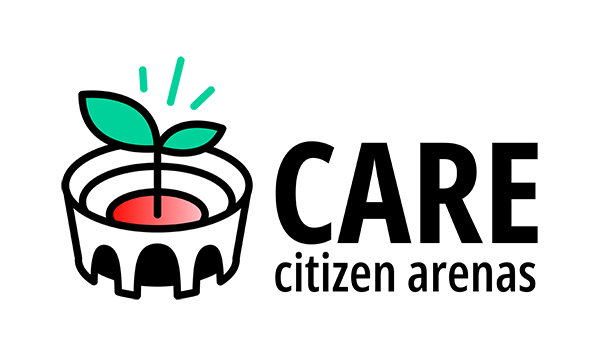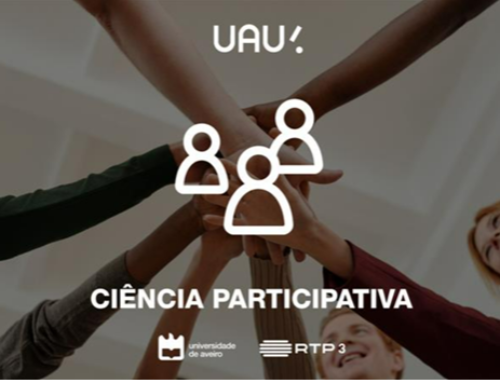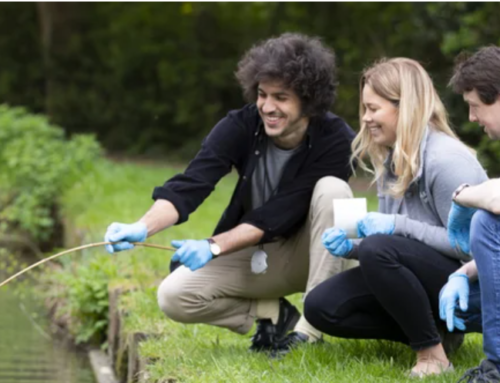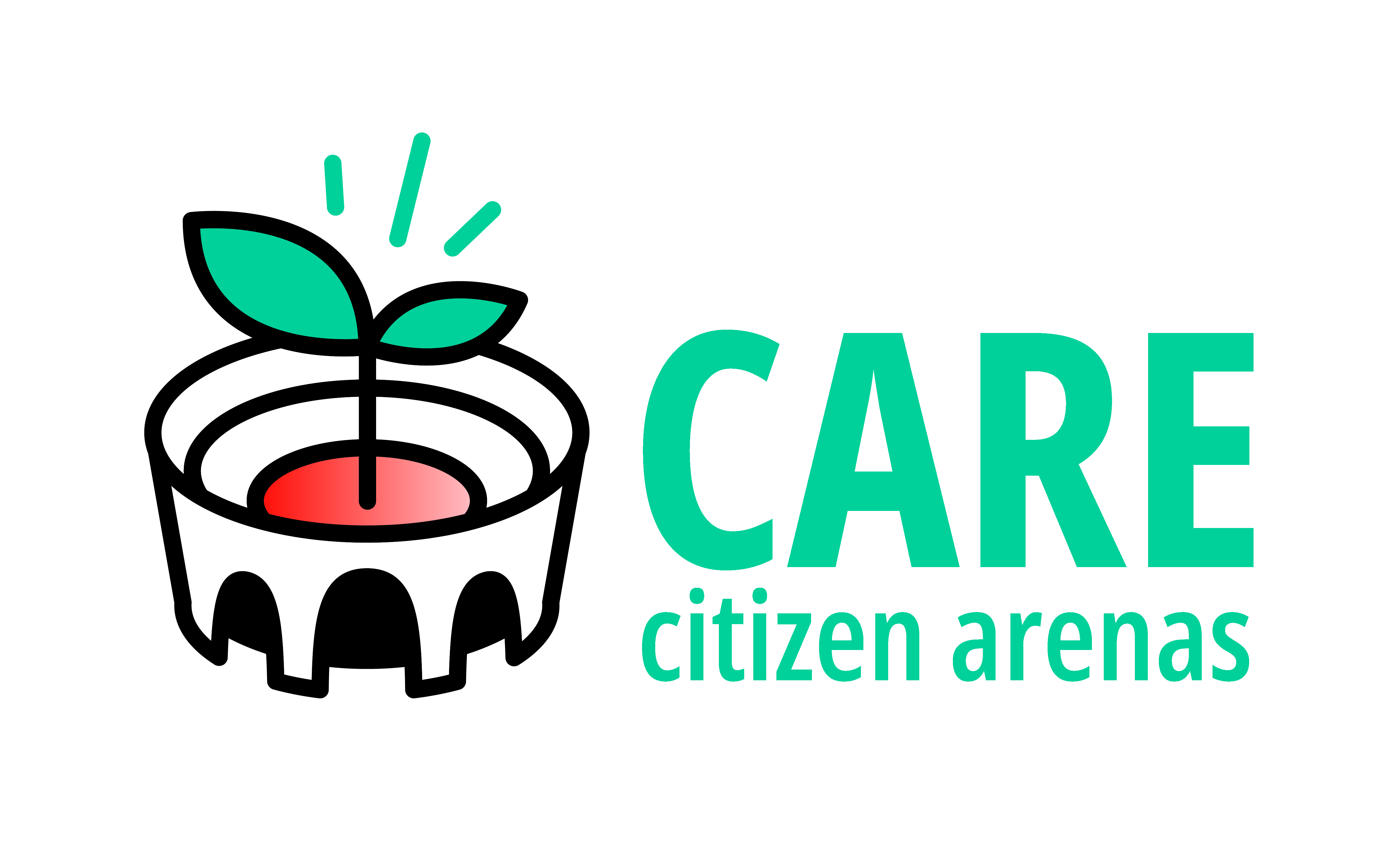University of Aveiro team promotes citizen science activities with schools from the Aveiro region
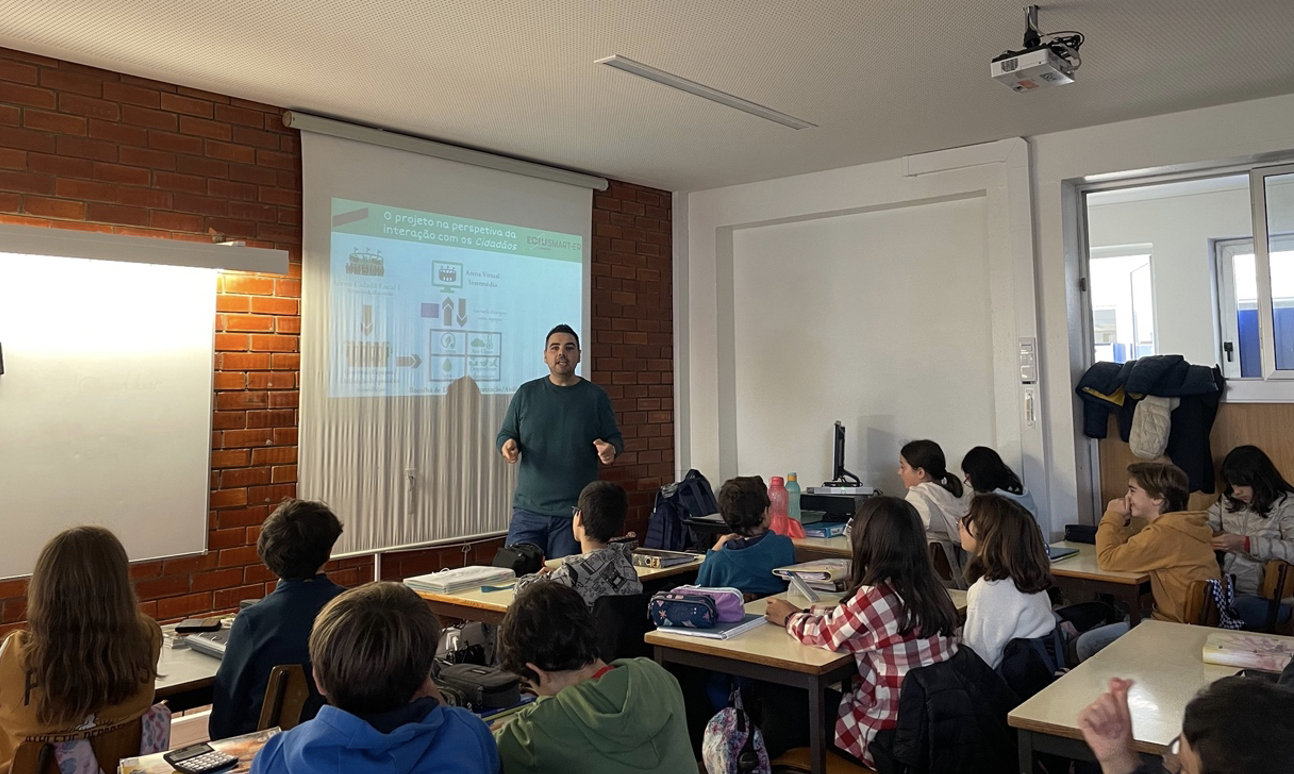
We are glad to announce that some activities of the project “CARE – Citizen Arenas for improved environmental quality & resources use in SMART-ER cities” have already started in Portugal. So far, the project has mobilized almost 100 students and teachers from two schools in the Intermunicipal Community of Aveiro, Centre of Portugal, namely Secondary School of Vagos and Basic School “João Afonso de Aveiro”. Activities have been focused on the biodiversity component of the project and, very soon, we will launch the activities related with air and water quality, management and reuse of food waste and creation of digital contents, aiming at raising citizens’ awareness on current environmental challenges, namely on the urgency to manage the available resources in an efficient and intelligent manner within the involved SMART-ER cities and regions. As an example of ongoing activities, the researcher and local coordinator of the project CARE at the University of Aveiro, Roberto Martins, visited the four classes involved in the project, in November and December, to promote “citizen arenas” in a classroom context, in which students were challenged to assume a central role in the co-creation of scientific questions related to the impacts of the anthropogenic activities in the “Ria de Aveiro” coastal lagoon, an environmental protected area, which culminated in the preparation and implementation of a sub-pilot related to spatiotemporal monitoring and the environmental and socioeconomic impacts of the proliferation of invasive species in such coastal lagoon. After those sessions, students and teachers, as citizen-scientists, have systematically visited various places in the “Ria” to monitor the distribution and density of some species of invertebrates, in a strategy of involvement and awareness that will result in data that will be of interest to the scientific community, local authorities and society. After this phase, students will have the opportunity to analyze, share and discuss the data with other local stakeholders (e.g. fishermen, oyster farmers), following an intergenerational approach, as well as prepare communication and dissemination materials in Portuguese and English. We take this opportunity to acknowledge teachers and students that have been deeply committed with project and the Municipality of Vagos by providing valuable resources (e.g., staff, bus, time) for the implementation of the sub-pilot.
In January we will open a research grant to carry out a master’s thesis and four research initiation grants to support our activities. Stay tuned if you want to collaborate on this project!
